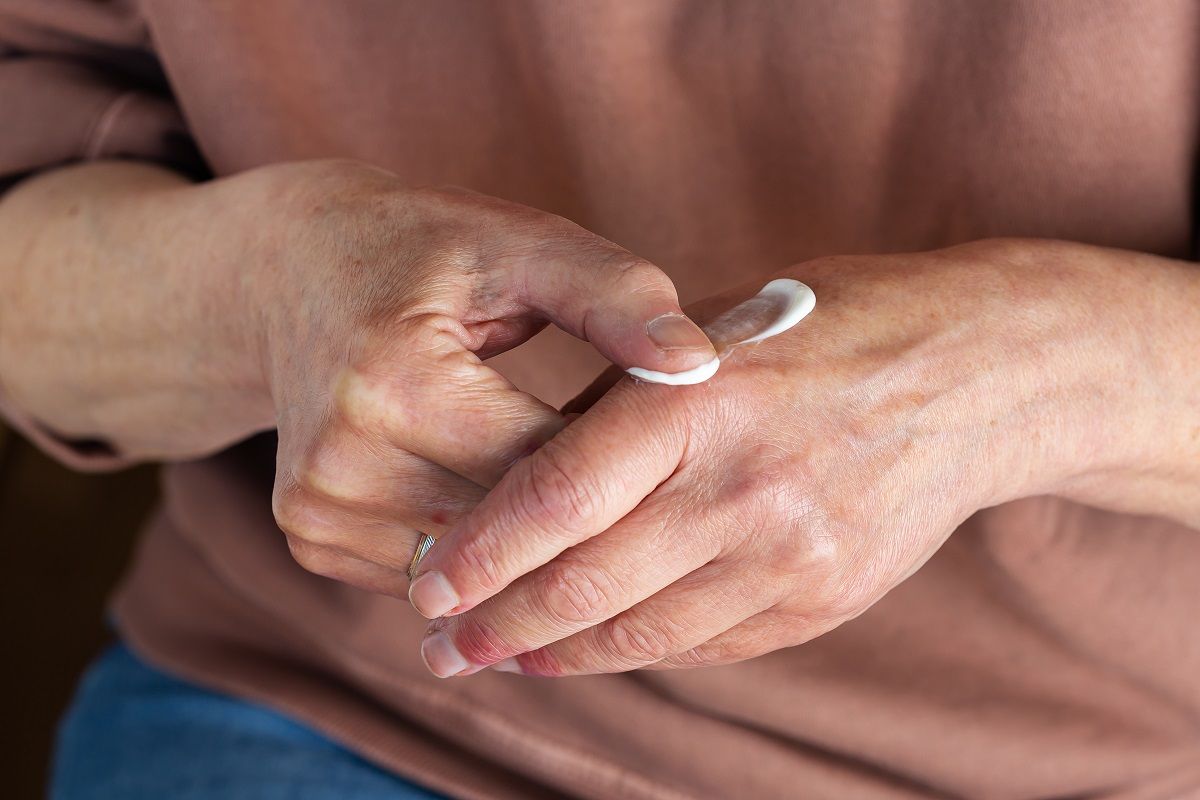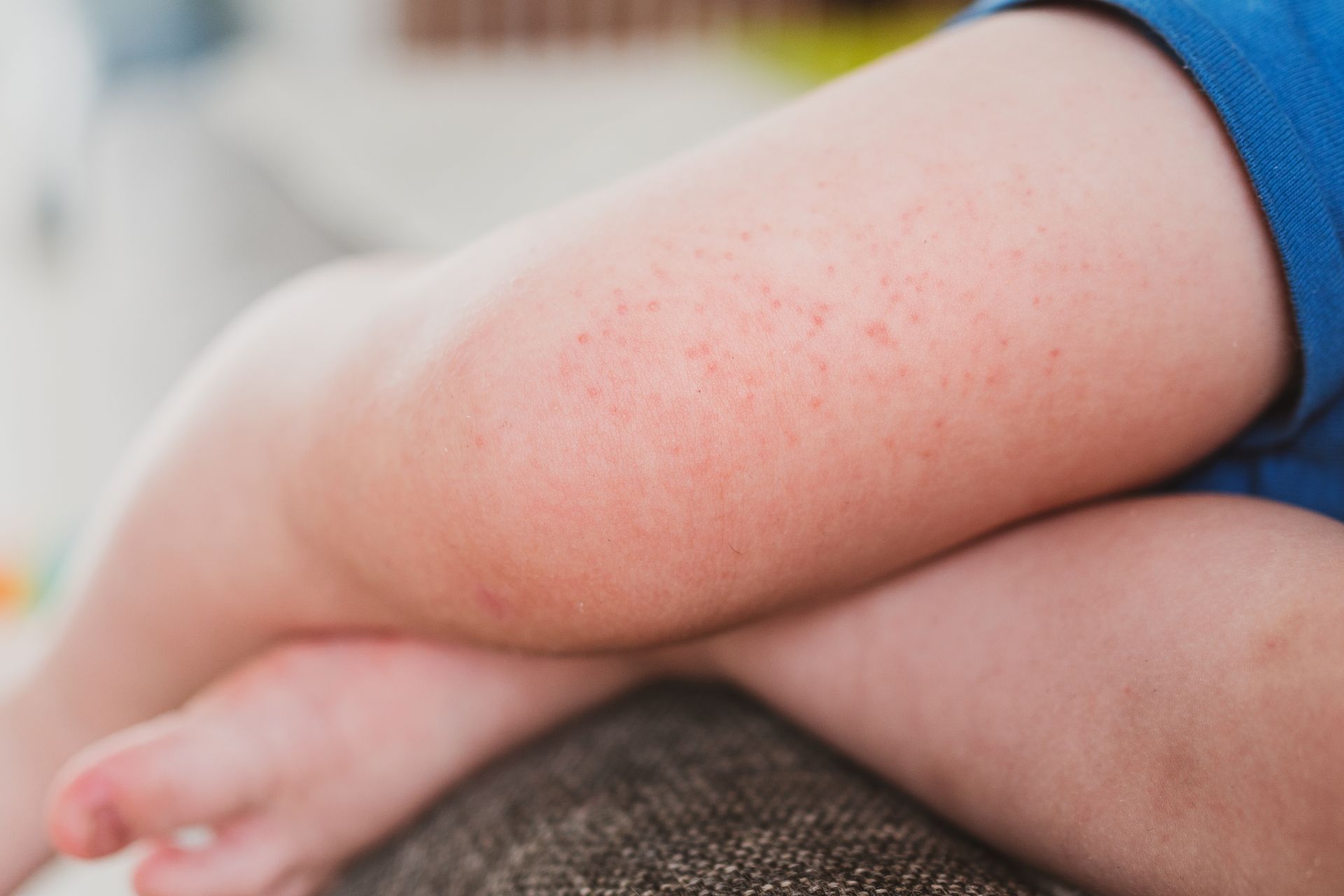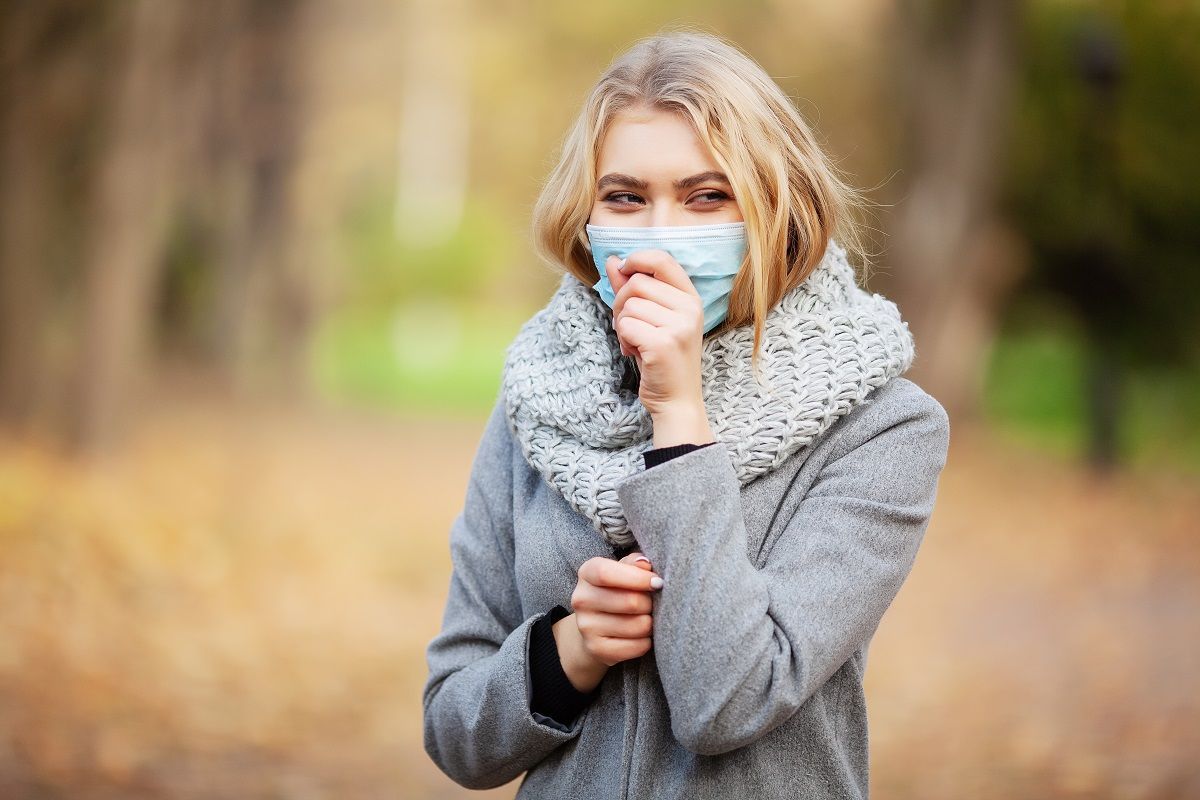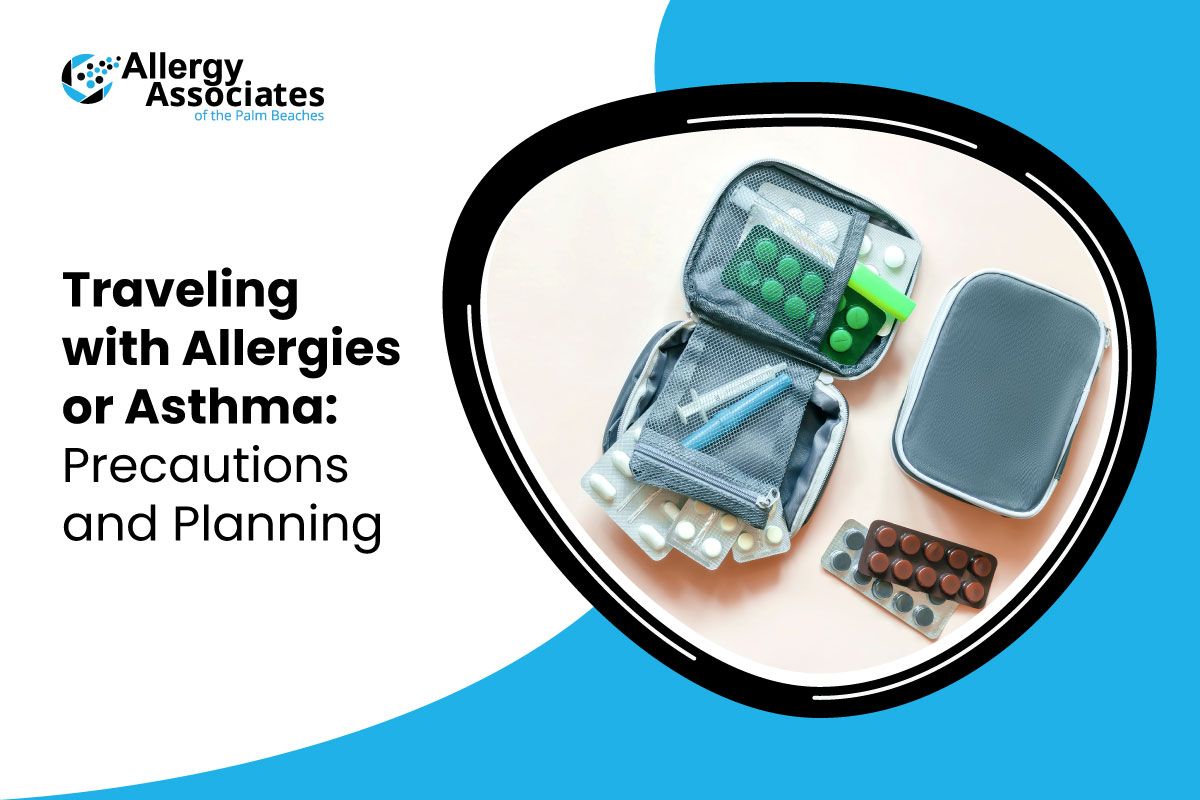
As the winter chill sets in, many of us eagerly embrace the season with cozy sweaters, hot chocolate, and the joy of the holidays. However, the winter months bring about a different challenge for those struggling with eczema. Winter eczema, characterized by exacerbating symptoms during colder weather, becomes a source of discomfort and frustration for those affected.
In this blog, we will discuss the best ways to manage the symptoms of eczema in winter and discover practical strategies to help you enjoy a comfortable, itch-free season!
What Is Winter Eczema?
Eczema, or atopic dermatitis, is a chronic epidermal disorder that often flares up due to environmental triggers. While it may affect people year-round, the winter season tends to pose specific challenges for those with eczema. The union of cold, dry air and indoor heating strips the skin of its natural moisture, increasing irritation and inflammation.
What Are the Symptoms of Winter Eczema?
- Dry and Flaky Skin
One of the hallmark symptoms of cold eczema is excessively dry and flaky skin. The air's lack of humidity dehydrates the skin, leading to discomfort and itching.
- Itching and Irritation
Winter eczema often intensifies the itching sensation, which is exceptionally bothersome. Scratching further damages the skin barrier, necessitating knowledge of effective ways to manage this symptom.
- Redness and Inflammation
The cold weather contributes to heightened redness and inflammation, making the skin appear more irritated than usual. Managing inflammation is a crucial aspect of controlling winter dermatitis symptoms.
- Cracks and Bleeding
The skin may develop cracks and fissures in severe cases, leading to bleeding. This situation adds to the discomfort and increases the risk of infection.
- Worsening of Existing Eczema Areas
Winter eczema often targets areas already prone to eczema flare-ups, such as the hands, elbows, knees, and face. Understanding your specific triggers and focusing on these areas may aid in symptom management.
Winter Eczema Treatment
- Choose the Right Cleanser
Opt for a gentle, fragrance-free cleanser that won't further drain your skin of its natural oils. Avoid hot water, which exacerbates dryness, and opt for lukewarm water instead.
- Dress in Layers
Protect your skin from freezing winter winds by dressing in layers. Choose soft, loose fabrics like cotton, and avoid irritating materials like wool directly against your skin.
- Humidify Your Environment
Counter the dry indoor air by using a humidifier. This method helps maintain the moisture balance in your home, relieving your skin.
- Mindful Bathing
Keep your baths and showers short and sweet. Long, hot baths strip your skin of essential oils, worsening eczema symptoms. Add colloidal oatmeal or moisturizing bath oil to your bath for added skin-soothing benefits.
- Identify and Avoid Triggers
Be vigilant about identifying and avoiding triggers exacerbating your eczema. This approach involves being mindful of certain fabrics, harsh detergents, or specific foods. Keeping a journal may help pinpoint patterns and triggers.
- Buy Topical Treatments
Consult with your allergist to explore suitable topical treatments. They may recommend prescription topical creams or ointments to help manage inflammation and itching.
- Stay Hydrated
Drinking adequate water is essential for overall skin health. Hydrated skin is more resilient, making it less prone to the effects of winter weather.
Winter eczema presents unique challenges, but with proactive care and targeted strategies, it is possible to find relief and enjoy the season. By understanding the symptoms and implementing practical measures to protect and nourish your skin, you'll survive winter with greater comfort and confidence.
Consistency is critical; consulting with a healthcare professional provides personalized guidance for managing your winter eczema symptoms. Embrace the season with a focus on self-care, and let the joy of winter outweigh the eczema challenges.
FAQs
- How can I manage itching associated with winter eczema?
The best ways to manage itching from eczema include keeping the skin well-hydrated with moisturizers, avoiding hot water baths, using gentle cleansers, and wearing breathable fabrics. Consulting with a dermatologist also helps identify and prescribe effective anti-itch creams or ointments.
- Are there specific triggers for winter eczema?
Triggers for winter eczema vary among people, but common culprits include exposure to harsh winds, wearing irritating fabrics like wool, using certain detergents, and consuming foods that may exacerbate inflammation. In addition, keep a journal to track flare-ups to help identify personal triggers.
- How can I protect my skin during winter to prevent eczema flare-ups?
Protect your skin by dressing in layers with soft, breathable fabrics, using a humidifier to combat dry indoor air, applying a moisturizer immediately after bathing, and opting for lukewarm water during showers. Avoiding known triggers and staying hydrated also contribute to overall skin health.
- Can indoor heating worsen winter eczema on hands?
Yes, indoor heating contributes to skin dryness, especially on the hands. Using a humidifier, avoiding excessive exposure to direct heat, and dressing in layers to regulate body temperature are essential.
- Are there specific winter-friendly skin care products for eczema?
Avoid fragrance-free, hypoallergenic moisturizers and cleansers to minimize skin irritation. Some products may contain ceramides, which help repair the skin barrier. Consult with a dermatologist for personalized product recommendations.
- How can I avoid skin breaking and bleeding during winter?
To prevent skin cracking and bleeding, keep the skin well-moisturized, avoid hot baths, and use a mild, moisturizing cleanser. In severe cases, your dermatologist may recommend prescription ointments to manage inflammation and promote healing.
- Should I adjust my diet to manage winter eczema?
While there's no one-size-fits-all diet for eczema, some people find relief by avoiding common trigger foods, such as dairy, gluten, or certain fruits. Experimenting with an elimination diet technique under the guidance of a healthcare professional helps identify specific dietary triggers.
- When should I seek professional help for my winter eczema?
If over-the-counter drugs and lifestyle changes do not provide relief, or if your symptoms worsen, it's essential to consult with a dermatologist. They evaluate thoroughly, prescribe targeted treatments, and provide personalized advice for managing winter eczema.
Overcome Winter Eczema With Our Help!
You're right on track if you're searching online for "eczema winter rash," "winter eczema on hands treatment," and "winter eczema face."
Allergy Associates of the Palm Beaches is one of the most sought-after treatment facilities that offers safe and effective care to people with eczema, asthma, and similar conditions. Our board-certified allergy experts provide the proper treatment plans to help you regain control of your health.
If you're seeking a reliable allergy treatment center in the Palm Beaches area, consider Allergy Associates. Enjoy the winter season allergy-free!
Book your preferred appointment schedule today.
Allergy Associates of the Palm Beaches
Allergy Associates of the Palm Beaches | All Rights Reserved.










